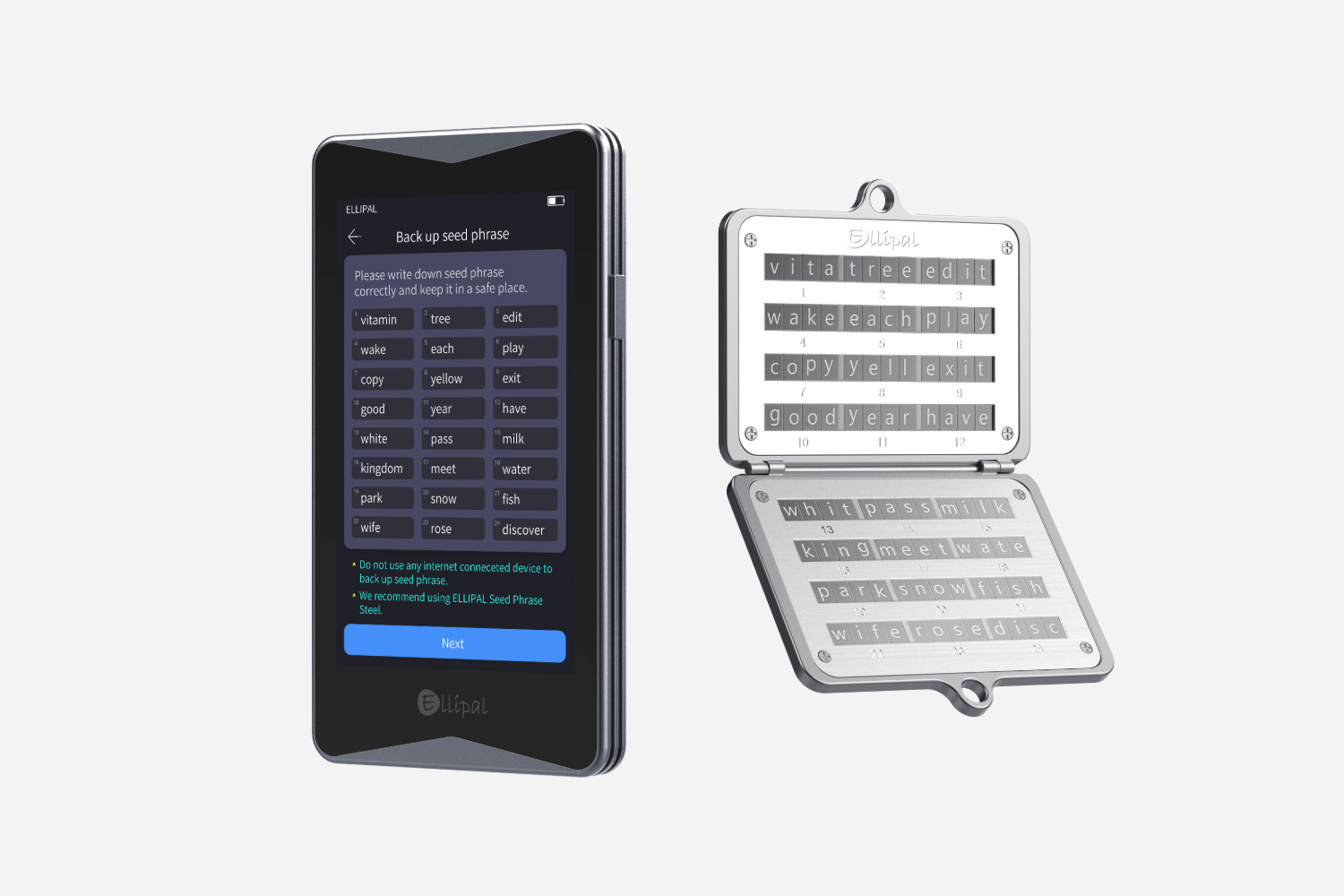Why You Should Never Store Your Cryptocurrency on an Exchange: Use a Cold Wallet Instead
Corps
In the rapidly evolving world of cryptocurrency, security is paramount. One of the most critical decisions you will make as a crypto investor is how to store your digital assets. While exchanges offer convenience, they come with significant risks. This article delves into why you should consider using a crypto cold wallet instead of leaving your assets on an exchange.

Understanding the Risks of Storing Cryptocurrency on an Exchange
Exchanges are popular for their ease of use and accessibility. However, they are also prime targets for hackers. Have you ever wondered what happens if an exchange gets hacked? The answer is simple: you could lose all your assets. Exchanges hold large amounts of cryptocurrency, making them attractive targets for cybercriminals.
"In 2014, Mt. Gox, one of the largest Bitcoin exchanges, was hacked, resulting in the loss of 850,000 Bitcoins. This incident underscores the importance of securing your digital assets."
Moreover, exchanges are centralized entities. This means that if the exchange faces regulatory issues or goes bankrupt, your assets could be at risk. Conditional upon these factors, it becomes evident that relying solely on exchanges for storage is not a wise choice.
What is a Crypto Cold Wallet?
A crypto cold wallet is an offline storage solution for your digital assets. Unlike hot wallets, which are connected to the internet, cold wallets are not susceptible to online hacking attempts. They come in various forms, including hardware wallets, paper wallets, and even physical coins.
One of the most popular cold wallets is the Ledger Nano S. This hardware wallet offers robust security features, including a secure chip and a user-friendly interface. It is designed to keep your private keys offline, ensuring that your assets remain safe from online threats.

Benefits of Using a Crypto Cold Wallet
Why should you consider using a crypto cold wallet? Here are some compelling reasons:
- Enhanced Security: Cold wallets are immune to online hacking attempts, providing a higher level of security for your assets.
- Control: You have full control over your private keys, reducing the risk of losing your assets due to exchange issues.
- Peace of Mind: Knowing that your assets are stored securely offline can give you peace of mind.
How to Use a Crypto Cold Wallet
Using a crypto cold wallet is straightforward. Here are the basic steps:
- Purchase a reputable cold wallet, such as the Ledger Nano S.
- Set up the wallet by following the manufacturer's instructions.
- Transfer your cryptocurrency from the exchange to your cold wallet.
- Store your cold wallet in a secure location, such as a safe or a safety deposit box.
For a visual guide, you can watch this video tutorial on setting up the Ledger Nano S.
Conclusion
In conclusion, while exchanges offer convenience, they come with significant risks. Using a crypto cold wallet provides enhanced security, control, and peace of mind. By taking the necessary steps to secure your digital assets offline, you can protect yourself from potential threats and ensure the safety of your investments.









commentaires